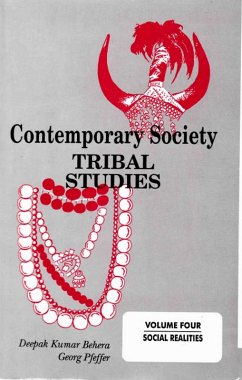Ethiopia has played a unique role in the history of Africa. Not only was this one of the earliest Christian civilisations in the world, it was the only indigenous state which escaped European conquest and colonisation, at least until the short-lived conquest by Mussolini's Italian fascists. This study examines the relationship between Ethiopia and Britain from 1805 to 1868 in which Britain was the world's predominant Industrial and naval power and was interested in penetrating Ethiopia economically, culturally and politically but by informal methods rather than colonial conquest. Ethiopian rulers were anxious to use this contact to modernise Ethiopia, put an end to internal strife and disunity, improve its economy and defence capability, and participate in international relations as an equal and not as a victim. Despite the apparent compatibility of aims on both sides, the Anglo-Ethiopian relationship, by 1868, collapsed into sudden violence, hostage-taking, British invasion, war and a severing of relations. In looking at the failure of this relationship, this study throws light on many questions of significance for today's world, including the problem of underdevelopment, the nature of foreign aid, the theory of neo-colonialism and the nature of relationships between advanced and backward countries.
Dieser Download kann aus rechtlichen Gründen nur mit Rechnungsadresse in A, B, BG, CY, CZ, D, DK, EW, E, FIN, F, GR, HR, H, IRL, I, LT, L, LR, M, NL, PL, P, R, S, SLO, SK ausgeliefert werden.









